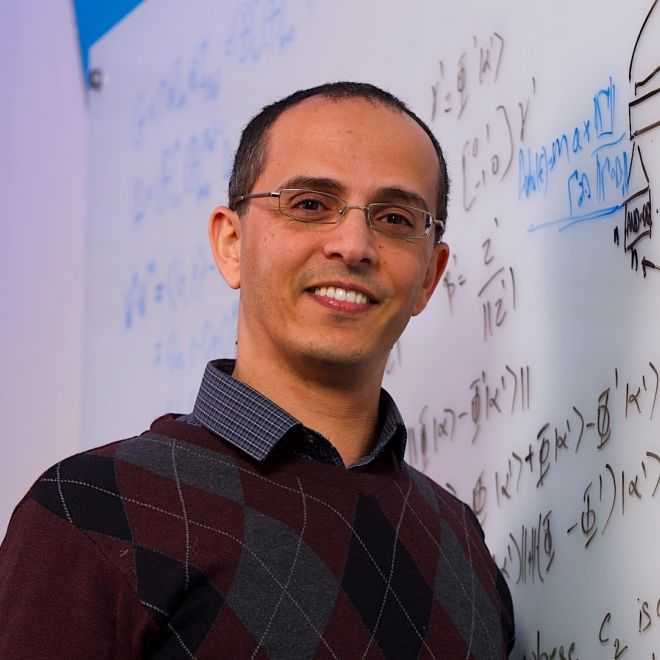Density matrices: The good, the bad and the alternative

Speaker
Amir Kalev(QuICS)
Event Type
JQI-QuICS-CMTC Seminar
Related Groups
Date & Time
February 21, 2020, 12:00pm
Where to Attend
ATL 2324
Density matrices represent our knowledge about quantum systems. We can use them to calculate any physical property of quantum systems via the Born rule. Since the density matrix grows exponentially with the number of qubits, already at about 50 qubits, simply writing and storing the density matrix in a classical computer, becomes impossible, let alone calculating anything with it. To be able to calculate physical properties of large quantum systems, which become available to us with the rapid growth of quantum information processors, we have to think of alternative methods and formulations. Our result represents one such alternative. In particular, we provide a framework that allows one to estimate any physical quantity of interest with a well-controlled error, based on statistical inference. The error in the estimation depends on two factors: (1) a norm-like feature of the observable of interest and (2) standard statistical error. Importantly, the error does not have any intrinsic dependence on the number of qubits. Moreover, in our method the size of the description of the state scales linearly in the number of qubits instead of exponentially. This highly efficient description implies the ability to store the information about the state and calculate physical quantities of interests for qubit systems, in practice, of a very large size. (pizza and drinks served at 12pm; talk starts at 12:10pm)